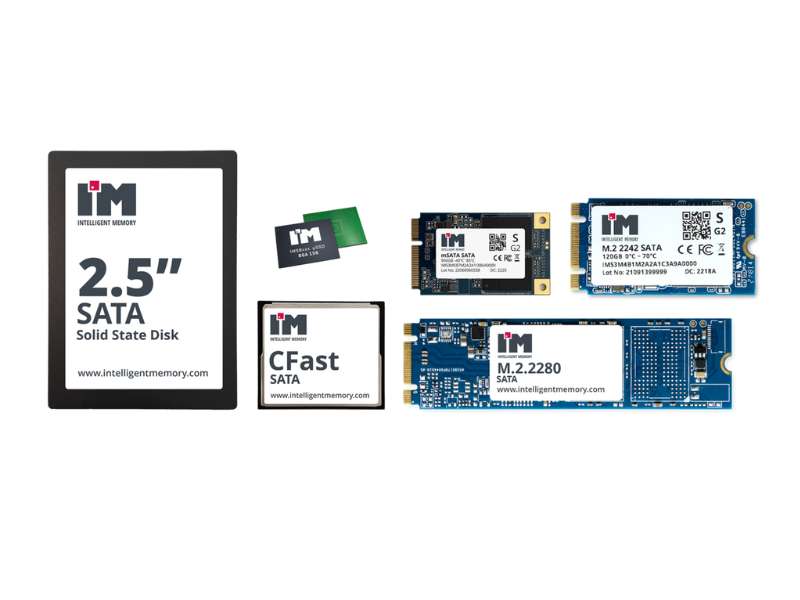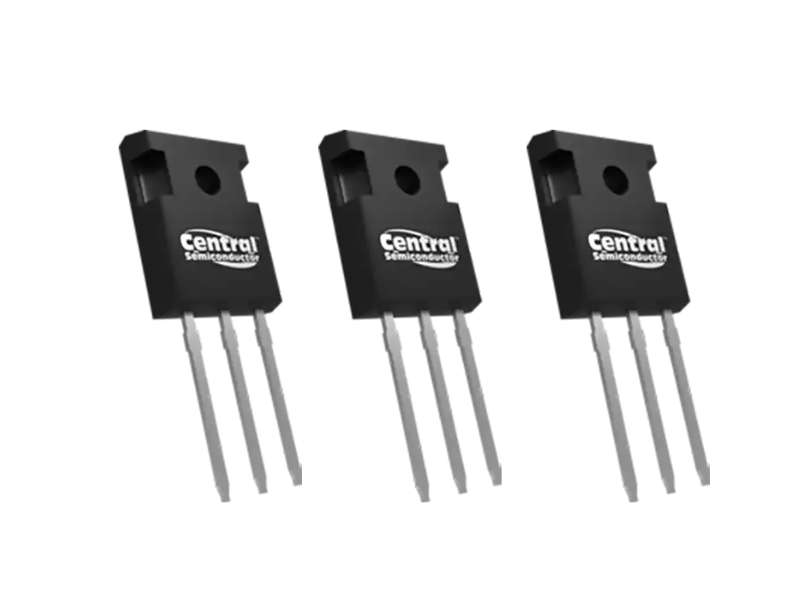Saturday’s Taiwanese presidential election has drawn global attention, particularly in light of its potential impact on the electronics industry and Taiwan’s semiconductor sector, a crucial component of the global technology supply chain.
Vice President Lai Ching-Te won an unprecedented third term for the Democratic Progressive Party (DPP), albeit without a parliamentary majority, which raises more questions than answers about the future trajectory of Taiwan’s relationship with China and the implications for the island nation’s tech industry.
Tsai’s victory has been welcomed with relief by many in the international community, as it suggests a continued commitment to Taiwan’s democratic values and a strong stance against China’s growing assertiveness. This stance has been particularly reassuring for electronics manufacturers and semiconductor companies, signaling a stable environment for business operations in Taiwan.
Reuters said, “The election result was welcomed by global investors as it is seen as reducing geopolitical tensions in the region.” Similarly, the Korea Herald noted that “the re-election of incumbent President Tsai is a relief to global tech companies that rely on Taiwan’s semiconductor industry.”
On the other hand, China has vehemently objected to Tsai’s victory, viewing it as a setback to its aspirations of unifying Taiwan with the mainland. Beijing has warned of potential consequences, not excluding military action, if Taiwan declares formal independence.
This volatile relationship with China raises concerns about potential disruptions to Taiwan’s semiconductor supply chain, a critical source of global chip production. As Time magazine highlighted, “Taiwan is home to the world’s most advanced chipmakers, including TSMC, which produces chips for Apple, AMD, and Qualcomm.”
The potential for geopolitical tensions to disrupt this supply chain has been a source of worry for electronics manufacturers and consumers worldwide. “The election outcome has heightened concerns about potential disruptions to the global chip supply chain, which could impact the production of smartphones, computers, and other electronic devices,” reported the BBC.
Despite these concerns, the electronics industry recognises the resilience of Taiwan’s semiconductor sector. “TSMC has shown itself to be remarkably resilient in the face of political and economic challenges,” noted the Financial Times. The company has invested heavily in its manufacturing capabilities and has diversified its customer base, making it less reliant on any single market.
The industry will need to continue to monitor this situation closely and adapt its strategies accordingly to ensure a steady supply of chips for the global technology market. “South Korea’s two leading semiconductor makers — Samsung Electronics and SK Hynix — are reviewing the impact of the election results on the global foundry market, but the outlook appears mixed, experts said Monday,” concluded the Korean Herald.
Thousands of senior engineers and procurement professionals subscribe to our LinkedIn Market Intel newsletter – get yours here
For more help with looking at supply chain options, contact Astute Electronics






